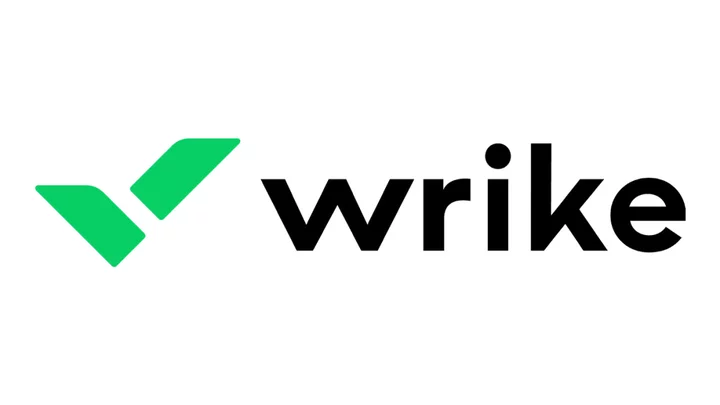Getting a first or second chance to build credit with a credit card has been easier in recent years because financial technology companies have created alternative options.
These new cards often evaluate applications differently from traditional credit cards, with algorithms and proprietary methods that may put less emphasis on credit scores while looking at factors such as your income or bank account balances. Lower costs tend to be a hallmark, too: Some of these products advertise no security deposit, no annual fee and no APR.
“Many fintechs are really focused on offering products to people that otherwise would not qualify for them at a major institution,” says Nick Roberts, chief marketing officer at Grow Credit, a financial technology company based in California. “There is a lot of focus with certain fintechs to expand the market.”
But while many of these relative newcomers can indeed help you build credit, it’s worth noting that the journey might sometimes be bumpy as the company behind the card continues to scale.
EXPECT CHANGES
All credit card companies, traditional and nontraditional, are allowed to make changes to your account terms, although depending on what exactly is changing, they must follow certain guidelines.
“They’ve got to give you a 45 days’ notice of an increase in the annual percentage rate and any significant changes in terms,” says Lauren Saunders, associate director at the National Consumer Law Center.
Still, compared with a more established credit card, an alternative card from a fintech is more likely to experience frequent changes to its terms and features. These updates may either be welcome additions or disappointing subtractions.
For example, a relatively new credit card company might rebrand, meaning any number of features may change. CreditStacks announced a namesake credit card in 2018, but by 2020, the company and card were going by the name Jasper, sending out redesigned cards and expanding the pool of applicants who might qualify. It later pivoted to being a cash-back card for people with good credit.
Since that rebrand, Jasper’s credit card has been discontinued.
Grow Credit launched a credit card in some states in 2019, eventually taking it nationwide in 2020. The card lets you build credit by using it to pay select bills, up to a low monthly spending limit. It’s linked to a membership plan with various tiers and prices, including a free option. But at launch, the card had only a single free tier.
The company added the other membership levels — which may unlock additional qualifying bills and higher monthly spending limits — over time. These additions created more credit-building options for those without credit, according to Roberts.
KEEP AN EYE ON YOUR INBOX
TomoCredit, a fintech based in San Francisco, has also made significant changes to its credit card’s original terms. The card debuted in 2021 with no annual fee but by 2023, the terms included a $2.99 monthly fee and the card went on a waitlist.
The fintech Petal has been in the credit card space for several years, advertising low- and no-fee cards for customers looking to build credit, as well as those with good credit. But in May and June, Petal informed select existing cardholders that they would be subject to a new monthly membership fee.
Jamie Howard, an e-learning director based in Tennessee, was among those cardholders. He was told that he’d have to pay an $8 monthly charge or opt out and have his account closed.
“I was kind of shocked at first because I just don’t like to pay fees,” Howard says. “If I opt out, that’s a component of your credit score.”
A closed account can hurt credit scores because it can impact credit utilization and shorten the length of your credit history. It was Howard’s primary concern, given that he had applied for the Petal card to build credit. Still, after about three years with the card, he decided the monthly fee wasn’t worth it because he has other credit cards. “I have since dropped out,” he says.
MANAGE EXPECTATIONS
With any financial product, do your research before applying. Depending on the fintech company, you might not get the same experience that a traditional bank offers, which can be part of the trade-off.
“A chronic problem with fintechs is the lack of human customer service,” Saunders says. “One of the ways they can make things more cheaply is by cutting out brick-and-mortar branches, cutting out live customer service, relying on chat and other automated or electronic channels. That works well until it doesn’t.”
Not all fintech companies may operate this way, but it’s important to know what to expect. Online customer reviews can help. A card might still be worth getting if it helps you build credit when other options are too expensive or you’ve been rejected for a traditional credit card.
As you climb toward better credit, adding a new credit card to your wallet from a more established issuer can provide a backup should the terms on your alternative card change.
__________________________________________
This column was provided to The Associated Press by the personal finance website NerdWallet. Melissa Lambarena is a writer at NerdWallet. Email: mlambarena@nerdwallet.com. Twitter: @lissalambarena.
RELATED LINKS:
Consumer Financial Protection Bureau: Will closing credit cards I already have increase my credit score? https://www.consumerfinance.gov/ask-cfpb/will-closing-credit-cards-i-already-have-increase-my-credit-score-en-1231/
NerdWallet: How to apply for a credit card so you’ll get approved https://bit.ly/nerdwallet-apply-for-a-credit-card









